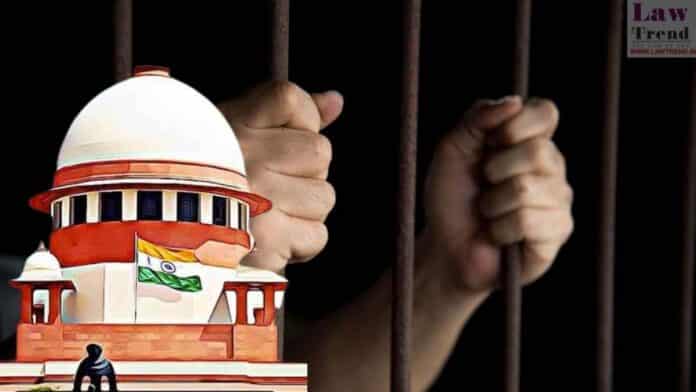In a significant ruling on sentencing jurisprudence, the Supreme Court of India has held that a convict sentenced to “life imprisonment for a fixed term” of a specific number of years without remission is entitled to be released immediately upon completing that term. The bench, comprising Justice B.V. Nagarathna and Justice K.V. Viswanathan, clarified that
To Read More Please Subscribe to VIP Membership for Unlimited Access to All the Articles, Download Available Copies of Judgments/Order, Acess to Central/State Bare Acts, Advertisement Free Content, Access to More than 4000 Legal Drafts( Readymade Editable Formats of Suits, Petitions, Writs, Legal Notices, Divorce Petitions, 138 Notices, Bail Applications etc.) in Hindi and English.




